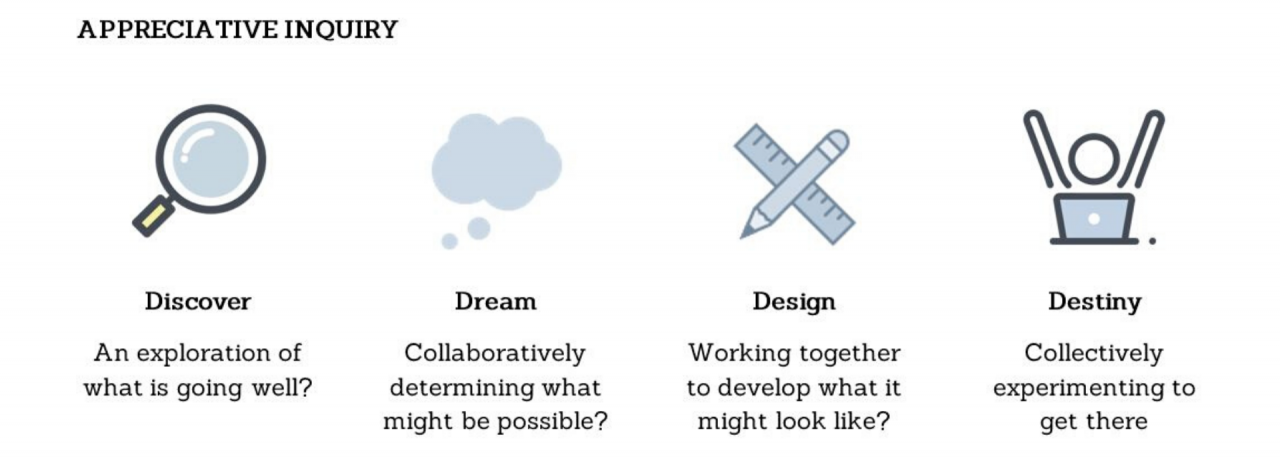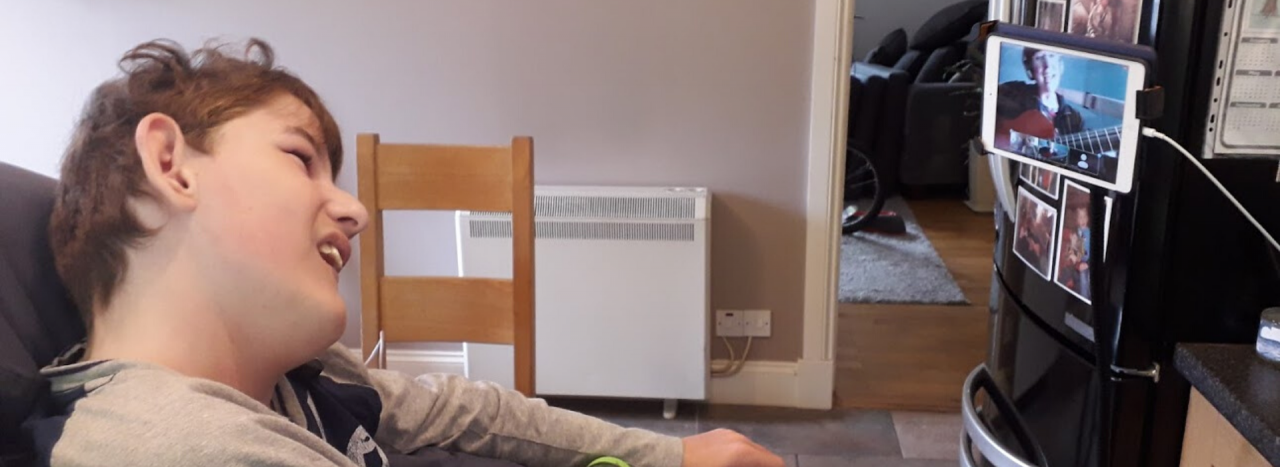
What happens when you can't reach the people you support?
Article highlights
.@supportCHAS offer family support for babies & children w/ life-shortening conditions. How has #COVID19 impacted reach to those families?
Share article.@KSEllis67 @WillMcLeanVol from @supportCHAS discuss launching UK 1st virtual children's hospice, working in an agile way to navigate #COVID
Share article.@supportCHAS went virtual, agile & self-organised to continue helping families during #COVID; 'We could still offer warmth' from a distance
Share articlePartnering for Learning
We put our vision for government into practice through learning partner projects that align with our values and help reimagine government so that it works for everyone.
We are the Children's Hospices Across Scotland - better known as CHAS. We offer a full family support service for babies, children and young people with life-shortening conditions. This includes children's palliative and end-of-life care and family respite and support through our hospices, hospital presence and homecare services. We have an ambition to reach every family who needs our support. Our services are person-centred, warm, friendly and tactile.
But, what happens when a global pandemic interrupts our ability to reach those families? When the numbers of beds in our hospices are reduced, hospital wards are closed, and we have to use full PPE in our limited interactions in family homes? A parent of a child accessing our services explains our challenge: "Children like mine don't understand social distancing and safe zones, they experience their world through touch, familiar environment and structured routines. They need close contact, nurturing, touch and care to get through their day. They are vulnerable and susceptible to all bugs. Hands on care and physical contact places them at higher risks - this is all very scary."
Overnight we had to remodel our entire service delivery away from physical contact. So, we launched the UK's first virtual children's hospice. But could it replicate what we do? How would families respond to a significant number of our services being moved online and how do we know what we are delivering is of benefit?
Children like mine don't understand social distancing and safe zones, they experience their world through touch, familiar environment and structured routines.
We worked in an agile way to change our service model. Instead of a long-term plan, our small management team reacted to change - and change kept happening throughout lockdown, and continues to do so. A multidisciplinary development team was created and given small pieces of work every week (sprints). The team was self-organising and we placed our trust in them to use their skills and experience to effectively and efficiently deliver their sprints. And at the end of each week we all met virtually to update on progress and deal with challenges, answering three questions:
What have you achieved this week?
What do you plan to complete by next week?
What is getting in your way?
This consistent and regular feedback loop was vital in issue resolution and progressing work. We closely collaborated with the children and families we support; incorporating their stories, and working together to produce virtual services through a number of iterations, until we made sure we were delivering what they needed.
This incremental development, with family involvement, was fast-paced and allowed for quick service developments. An example of our agile development is the request from families that a social media platform would be beneficial to share their experiences in lockdown, and beyond, and to offer peer support. We began a collaborative and iterative process to identify and test possible solutions based on family requirements until we found the platform that met everyone's needs. It wasn't the first platform we identified nor was it the first suggestion families made. But in the end, it was what we all agreed on.
An appreciative action research approach was used to work together with children and families to facilitate real change and to understand whether these new services were beneficial. Instead of focusing on the negative changes happening because of COVID-19, changes well beyond our control, we motivated our staff, volunteers and children and families by asking them what they appreciated most about CHAS. We discovered that families need and welcome our services and that they are invaluable in helping them care for a child with a life-shortening condition. Together we dreamt about what we could do. We began testing and improving as we went, designing a shared destiny.

How did this work in practice?
We discovered families appreciate respite breaks. Respite breaks offer the opportunity for babies, children and young people with very complex medical conditions to be fully cared for by our team of trained professionals and volunteers. Parents enjoy a break from their normal caring routine and spend time with the child's brothers and sisters - and other families. There is an emphasis on relaxation and fun. Families told us that not having to cook, having access to snacks, and being able to relax and join in with stimulating and fun activities was vital in their ongoing ability to support their family.
The dream - respite breaks in lockdown. Together we designed 'Virtual Visits', a combination of virtual and remote services:
We delivered treat and pamper packs for the whole family, along with food vouchers.
We designed virtual interactive sessions that children could enjoy, giving their parents a much-needed break.
We invited parents to their own sessions, later in the evening to come together, have fun, laugh and enjoy the company of others sharing a similar caring experience.
We tested everyone's reaction to each episode of care and learned from what we found.
We collected both quantitative and qualitative data as we went.
 Music Therapy service from CHAS
Music Therapy service from CHAS
Feedback has been very positive and we have seen children and families enjoy, appreciate and benefit from their virtual respite break. We found this had a positive impact on children and families, who improved their quality of life in lockdown and reduced their feelings of isolation.
Throughout lockdown, we grew and developed our virtual service. In April families told us what CHAS meant to them and we began co-designing and co-testing the process of making these services virtual. In May we were up and running, and were able to create an impact report looking at how our newly designed services were benefitting families. In June we supported 200 families virtually. Over 500 children, brothers and sisters and parents accessed a virtual service they designed for themselves.
Children and families helped us to look at our existing service in a new way and helped us respond quickly to an enforced gap in our service delivery. Together we found that the distance between CHAS and the families we support was unimportant - we could still reach out and offer the warmth and kindness families value.
#MeasurementforLearning
#CPIListens

Measurement for Learning
This blog is part of the Measurement for Learning series, an exploration of how measurement can be repurposed away from control and top-down accountability and towards learning and improvement.
Written by:
You may also be interested in...


Climate leaders overcome funding challenges by “hacking” bureaucracy and building resilient coalitions

How do you understand impact in complex systems?

PRESS RELEASE: Centre for Public Impact announces Natalie Creary as Regional Director for Europe

Embracing the paradox: the urgency of climate action and the power of learning from failure
